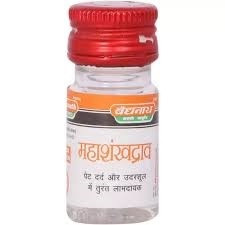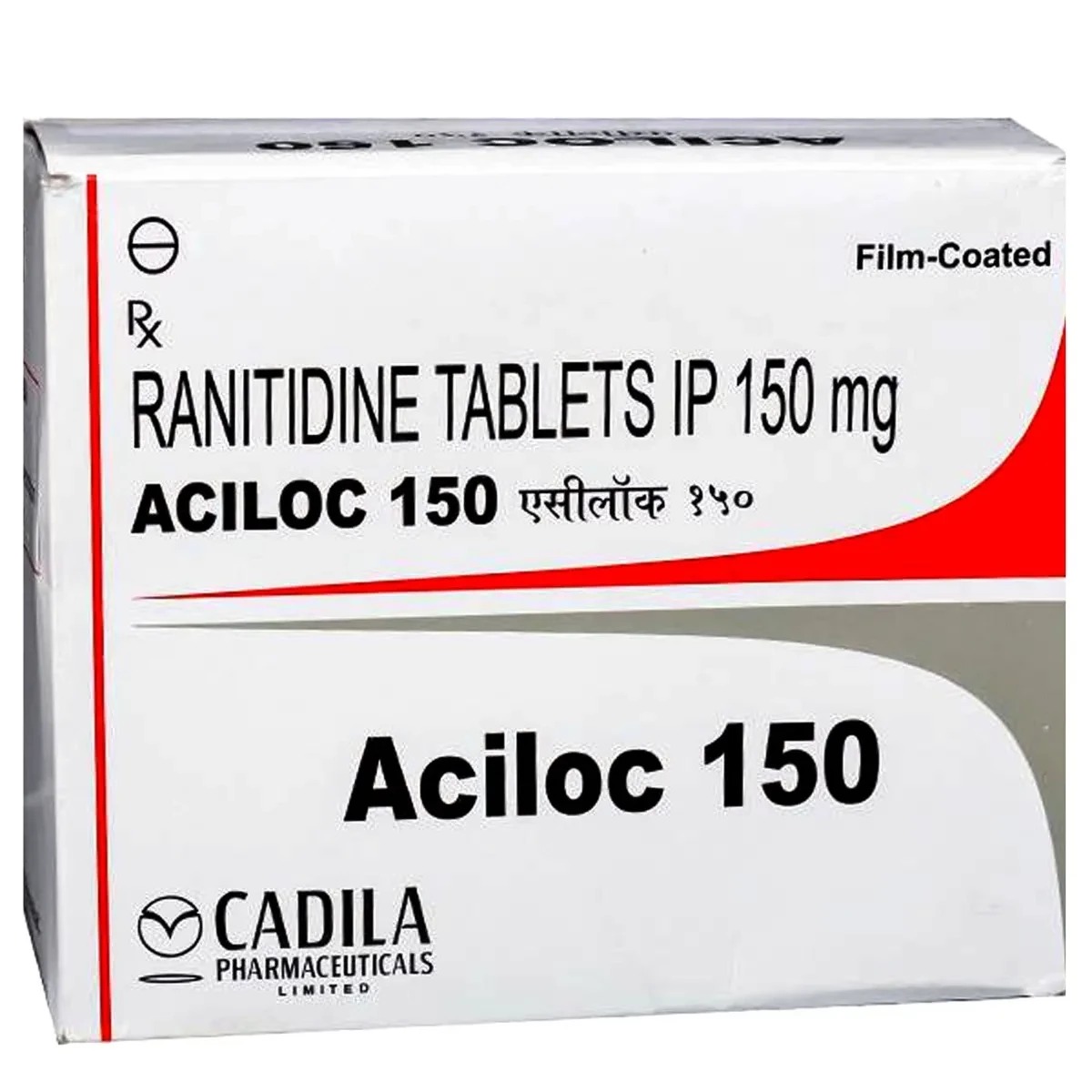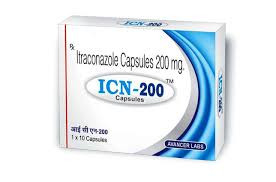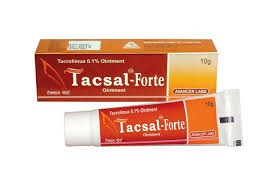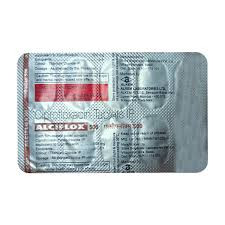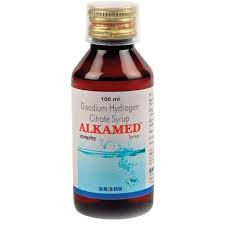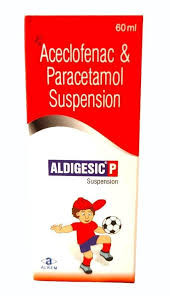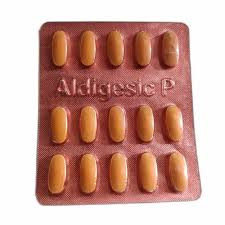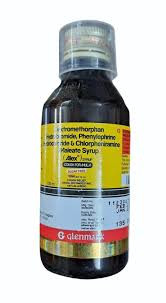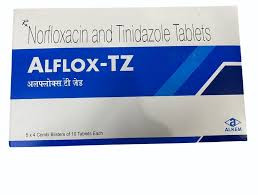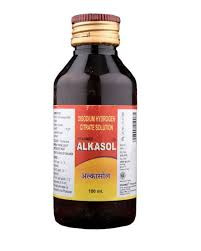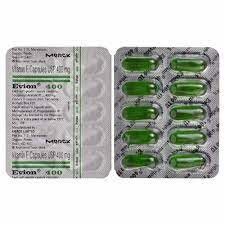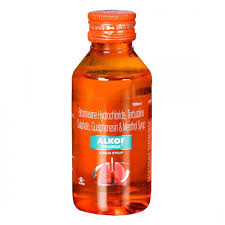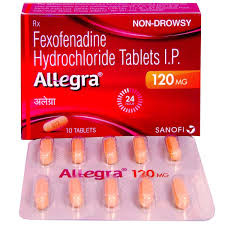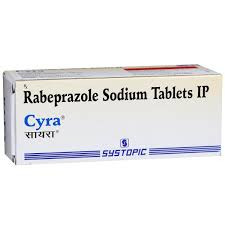

CYRA-20 TABS
-
Rs143.10
Rs159.00 -
Rs72.98
Rs82.00 -
Rs34.20
Rs38.00 -
Rs135.00
Rs150.00 -
Rs212.50
Rs250.00 -
Rs92.57
Rs102.86
Reviews & Ratings
Cyra 20MG tablet
Uses and Benefits
Cyra 20MG tablet is an anti-ulcer medicine used to treat conditions where the stomach produces too much acid. High levels of stomach acid can induce stomach and duodenal ulcers, gastroesophageal reflux disease and Zollinger-Ellison syndrome. It relieves stress ulcers as well as acidity caused by painkillers. The tablet is used in combination with antibiotics like amoxicillin and clarithromycin to prevent ulcers caused by helicobacter pylori bacteria. However, the uses mentioned are not exhaustive, there may be other conditions for which the medication may be used upon your doctor’s discretion.
Composition
The active ingredient of Cyra 20MG tablet is Rabeprazole (20Mg)
Mechanism of Action of Drugs
Rabeprazole, a proton pump inhibitor and anti-ulcer, stops the action of proton pumps that are found on the cells that line the stomach there by reducing the amount of acid in the stomach.
Contraindications and Caution
Patients with following conditions are suggested to seek advice from their healthcare professionals before taking Cyra 20MG tablet:
- Hypersensitivity to any of the active ingredients used in the tablet
- Concomitant use with Atazanavir and Rilpivirine medicines
- Caution:
- Gastric malignancy
- Osteoporosis
- Lupus erythematosus
- Vitamin B12 deficiency
- Severe hepatic impairment
- Children and elderly
- Pregnancy and lactation
Side and Adverse Effects
The following side effects may or may not occur during the usage of Cyra 20MG tablet. It is usually well tolerated when taken in the prescribed dosage guidelines. You may experience one or more of the following common side effects:
- Abdominal pain
- Constipation
- Increased liver enzymes
- Peripheral oedema
- Headache
- Nausea
- Dizziness
- Vertigo
- Vomiting
- Hypomagnesaemia
- Dyspepsia
- Dry mouth
Rare but more serious adverse effects may include:
- Flatulence
- Osteoporosis related fractures
- Interstitial nephritis
- Vitamin B12 deficiency
- Gynaecomastia
- Insomnia
- Pruritis
- Carcinoma
How to Use
Take Cyra 20MG tablet as instructed by your doctor. Swallow the tablet whole with water, immediately after opening it from the strip. Do not break or crush or chew the tablet.
Avoid missing or forgetting the dose. If you do, take it as soon as you remember; but if it’s almost time for your next dose, skip it and take it according to your normal schedule. Don’t swallow two doses at the same time which is dangerous to your health.
Cyra 20MG tablet should be taken at least 1 hour before meals as the food may reduce the absorption of the medicine. Take the tablet at the same time every day as it helps to maintain a consistent level of medicine in the body.
Do not change the dose or stop taking the medicine before completion of the course or without consulting your doctor. Continue to use this drug until completion of the maximum amount suggested.
Overdosage
Avoid taking more than the prescribed dosage. If you notice any unusual or abnormal reactions after taking the tablet, promptly seek medical attention. Depending on the dosage of Cyra 20MG tab, symptoms vary in individuals, you may experience one or more of the following symptoms:
- Weakness
- Confusion
- Drowsiness
- Tachycardia
- Diaphoresis
- Flushing
- Dry mouth
Warnings and Precautions
Take Cyra 20MG tablet only on the advice of medical practitioner. Dosage adjustments or complete avoidance of the medication may be required in the following conditions:
Kidney:
This tablet is likely safe to use in patients with renal impairment. Dose adjustments of the medicine may not be needed. If you have any renal problems, it is highly recommended that you consult your doctor before the consumption of this medicine.
Liver:
Extreme caution is advised among people with liver problems. Dose adjustments of the tablet may be needed. If you have any hepatic problems, it is highly recommended that you consult doctor before the consumption of this medicine. However, use of this medicine is not suggested in patients with moderate to severe liver diseases. Any symptoms such as fever, dark urine etc should be reported to your doctor immediately.
Pregnancy:
Use of Cyra 20MG tablet is not considered safe to use in pregnant women unless the potential benefits outweigh the risks involved. Despite the fact that there are limited studies in human beings, animal studies have shown effects on the developing baby. Since the effect of the medicine on fetus is not clearly established, we recommend that you to consult your doctor before consuming the tablet.
Lactation:
The medicine is likely unsafe to use for nursing mothers. Limited human data suggests that the medication may pass into the breastmilk. Breastfed infants should be closely monitored. Since limited information is available about the safety of taking this tablet, consult your doctor if you are nursing mother and stay on the safe side.
Alcohol:
Consumption of alcohol with this medicine is not recommended as it increases side effects of the tablet. If you consume alcohol on regular basis, relevant dose adjustments may be necessary depending on your clinical condition.
Driving:
This tablet may decrease alertness, cause impaired judgement, affect your vision and make you feel dizzy, light headedness, so do not drive, operate heavy machinery or involve in any works which may demand your attention or physical strength.
Food:
Caffeine, spicy and fatty foods should be avoided while using this tablet.
Drug Interactions:
Inform your doctor or pharmacist if you are taking any other medicines which includes over-the-counter drugs, herbal tonics, supplements and medicines that you buy without a prescription. Alert your doctor if you are taking Cyra 20MG tablet with clopidogrel, atazanavir, nelfinavir, rilpivirine, rifampicin, clarithromycin, methotrexate, diazepam, citalopram, phenytoin, ketoconazole, fluconazole, Posaconazole.
Precautions
- Do not use this medicine past the expiry date
- Store at room temperature (15-30 degree Celsius), away from moisture and light
- Keep the tablet out of reach of children
FDA Pregnancy Category
Category B: Animal reproduction studies have failed to demonstrate a risk to fetus and there are no adequate and well-controlled studies in pregnant women.
What is this medicine for
This medication is a proton pump inhibitor, prescribed for duodenal ulcer, gastro esophageal reflux disease (GERD), and Zollinger-Ellison (gastric acid hyper secretion) syndrome. It works by decreasing the amount of acid made in the stomach.
How does it work
Rabeprazole helps avoid harm to the GI (gastrointestinal) tract caused by stomach acid or infection.
How should this medicine be used
Take this drug at the same time of day. Take 30 minutes before the first meal of the day. Swallow whole. Do not chew, break, or crush.
Common side effects of this medicine
Headache. Loose stools (diarrhea). Gas. Hip, spine, or wrist fractures may rarely happen.
What do I do if I miss a dose
Take a missed dose as soon as you think about it. If it is close to the time for your next dose, skip the missed dose and go back to your normal time. Do not take 2 doses at the same time or extra doses. Do not change the dose or stop this drug. Talk with the doctor.
What precautions should I take when taking this medicine
Inform your doctor if you have ever had an allergic reaction to other gastric medicines such as omeprazole, pantoprazole or lansoprazole.
When do I need to seek medical help
If you think there was an overdose, call your local poison control center or ER right away. Signs of a very bad reaction to the drug. These include wheezing; chest tightness; fever; itching; bad cough; blue or gray skin color; seizures; or swelling of face, lips, tongue, or throat. Very bad dizziness or passing out. A fast heartbeat. Very bad belly pain. Very loose stools (diarrhea). Very bad bone pain. Very bad muscle pain or weakness. Any bruising or bleeding. Seizures. Any rash. Side effect or health problem is not better or you are feeling worse.
Can I take it with other medicines
Inform your doctor if you are taking any other medicines, especially those listed here: - warfarin (a blood-thinning medicine). - ketoconazole, itraconazole, voriconazole or similar antifungal medicines. - other medicines such as atazanavir and iron pills. Do not take antacids together with Rabeprazole. If you must take antacids, take them at least 1 hour before or 2 hours after you have taken Rabeprazole. Antacids can reduce the effectiveness of Rabeprazole when taken together. Always inform your doctor and pharmacist if you are taking any other medicines, including herbal tonics, supplements and medicines that you buy without a prescription.
Are there any food restrictions
It may be helpful to discuss your diet with your doctor or dietitian. A change in diet may help improve your symptoms. For example, spicy food tends to worsen reflux and should be avoided. Likewise, carbonated (fizzy) drinks such as soft drinks should also be avoided. - You should also try to avoid lying down soon after eating as this will worsen the reflux symptoms. - Avoid alcohol.
How do I store this medicine
Store in a cool, dry place away from the reach of children. - Medicines must not be used past the expiry date.
Pregnancy Category
Category B : Animal reproduction studies have failed to demonstrate a risk to the fetus and there are no adequate and well-controlled studies in pregnant women OR Animal studies have shown an adverse effect, but adequate and well-controlled studies in pregnant women have failed to demonstrate a risk to the fetus in any trimester.
Therapeutic Classification
Antacids, Antireflux Agents & Antiulcerants
Related products
ALCIFLOX 500MG TAB
ALCKAMED SYP
ALDIGESIC-P SYP 60ML
ALDIGESIC-P TABS
ALEX-SF SYP
ALFLOX-TZ TAB
ALKASAL 100ML SYP
ALKETOCER TAB
ALKOF ORANGE-100ML
ALLEGRA-120 TABS
-
Rs143.10
Rs159.00 -
Rs72.98
Rs82.00 -
Rs34.20
Rs38.00 -
Rs135.00
Rs150.00 -
Rs212.50
Rs250.00 -
Rs92.57
Rs102.86

